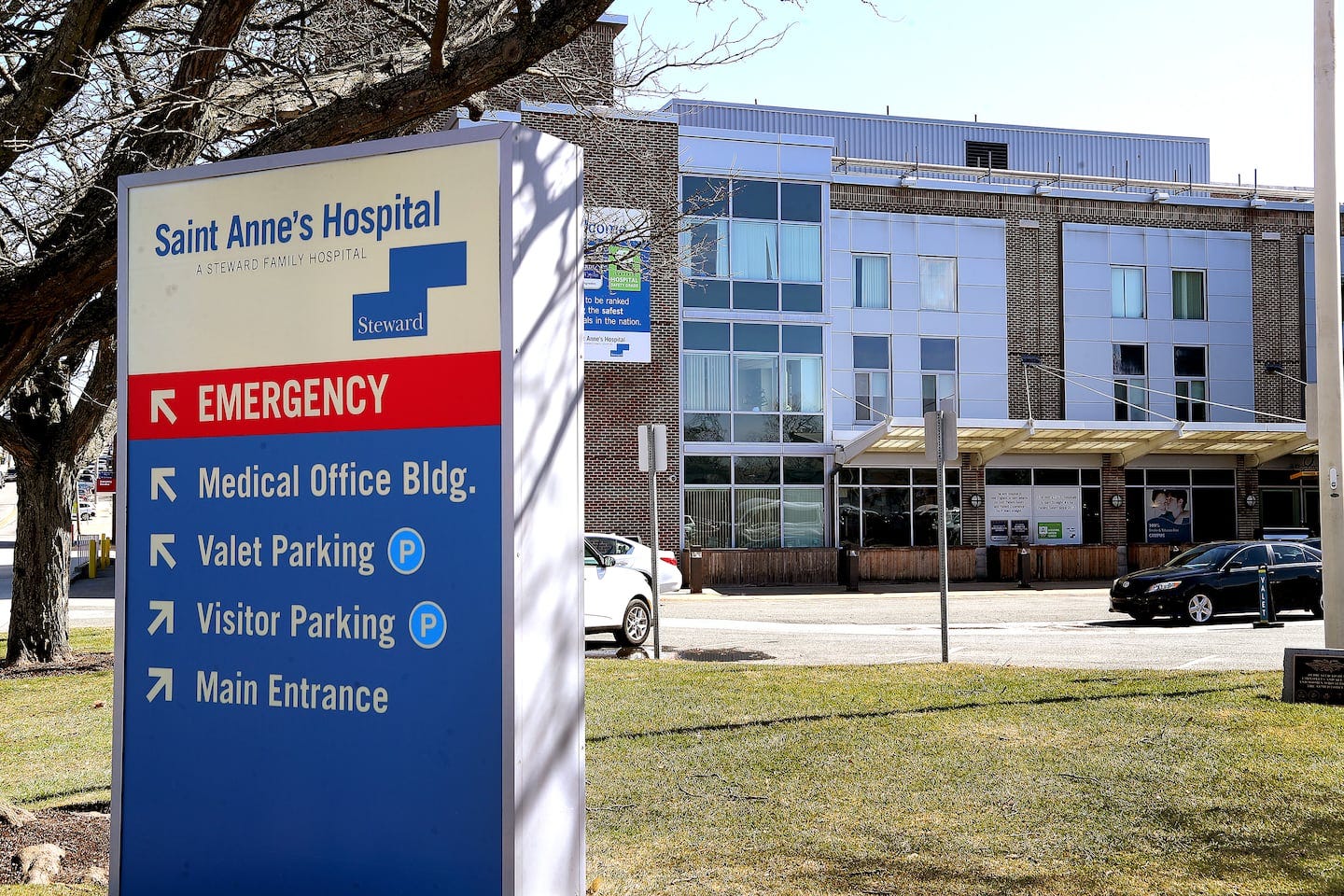Update On Medical Properties Trust
Dear Landlords,
I want to extend a warm welcome to all our new members! We recommend that you start by reading our Welcome Letter by clicking here. It explains why we invest in real estate through REITs and how to get started.
As a reminder, our most recent "Portfolio Review" was shared with the members of High Yield Landlord on July 3rd, 2024, and you can read it by clicking here.
You can also access our three portfolios via Google Sheets by clicking here.
New members can start researching positions marked as Strong Buy and Buy while taking into account the corresponding risk ratings.
If you have any questions or need assistance, please let us know.
==============================
Update On Medical Properties Trust
Summary:
Medical Properties Trust (MPW) remains deeply troubled and we are not ready to buy more shares at this time. We will wait for Q2 results to get an update before making any potential new investment.
Steward's bankruptcy is still ongoing and little progress has been achieved so far. Even then, MPW has significant debt maturities coming its way.
It could be a 2-3x. But it could also be a zero. Therefore, it remains a high-risk, high-reward play, and we recommend investors treat it as such.
---------------------------------------------------------------------
In early May, Medical Properties Trust's (MPW) largest tenant of Steward Health Care filed for bankruptcy. This did not come as a surprise to us.
In our last big update on MPW in April, we explained the reasons why a Steward bankruptcy "appears to be imminent."
Also in that update, though, we explained that MPW has bought itself about a year of time through the sale of a 75% stake in a handful of hospitals leased to CommonSpirit Health in Utah. Although these CommonSpirit hospitals are among MPW's most valuable due to the quality of the tenant, this deal and others like it in recent years demonstrate the durable value of at least a large portion of MPW's essential healthcare portfolio.
Those properties leased to strong operators with comfortable rent coverage and the ability to pay the 2-4% annual rent escalations have especially maintained their value.
Property sales have allowed MPW to reduce debt by $1.6 billion over the last year. On the other hand, the bad news is that MPW has a lot more debt maturities to deal with over the next few years. Here's what MPW's debt maturity schedule looked like as of the end of the first quarter:
As of Q1, MPW had another $1.86 billion in loans maturing by the end of 2025 (18% of total debt), and by the end of 2026, MPW had another $3.53 billion in maturities.
Given MPW's $17.3 billion in gross asset value (based on cost, not market value), $3.5 billion amounts to about 20% of MPW's asset value. Selling that much real estate, especially at a time when interest rates are elevated, would force MPW to divest a large portion of its highest quality real estate, causing its remaining portfolio to be lower in quality.
Fortunately, MPW recently announced that it has secured ~$800 million in new non-recourse, interest-only, asset-secured debt collateralized by 27 of 36 UK properties leased to Circle Health. The approximate loan-to-value of this collateralized debt is about 40%. The loan bears interest at 6.9% and has a 10-year term.
While not exactly cheap financing, it beats selling properties at 7.25%+ cap rates, which is probably what many of them would go for in today's market.
This new debt buys MPW even more time and reduces the amount of maturing debt over the next 2.5 years to about $2.7 billion.
On the other hand, given that MPW is primarily using this new debt to repay near-term maturities that bear interest at much lower rates, it will have the effect of increasing its interest costs.
Plus, trading debt for debt also keeps MPW's leverage metrics about the same. As of Q1 2024, MPW's net debt to EBITDA stands at 8.8x, adjusting for recent transactions, while debt to gross assets comes to about 54%.
And while 2.5x interest coverage is adequate, that coverage ratio will decline as older, lower-cost debt is replaced with new, more expensive debt. And if/when MPW needs to sell more assets to deleverage, interest coverage should further decline.
Steward Files Bankruptcy
Keep reading with a 7-day free trial
Subscribe to High Yield Landlord to keep reading this post and get 7 days of free access to the full post archives.






